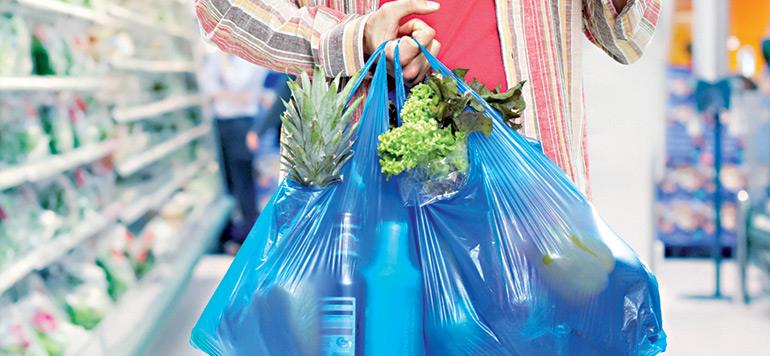
403
Sorry!!
Error! We're sorry, but the page you were looking for doesn't exist.
Morocco Intensifies Push to Eliminate Plastic Bags Before COP 22
(MENAFN- Morocco World News) As Morocco assert its leadership in the field of sustainable development, the government has intensified efforts to eliminate plastic bags. Worldwide, studies by the Earth Policy Instituteestimate that the population uses approximately 140 plastic bags per person annually. According to Yabiladi, Moroccans used 26 billion plastic bags in 2015; per capita, that rounds to 780 bags annually. The overuse of plastic bags in the country has led to an accumulation of trash on the streets, pollution, environmental damage, and the economic costs of remediating these problems. Many environmental activists have pushed for a nation-wide ban on plastic bags. Their efforts reached the governmental sphere in 2009, when the government banned black trash bags. In 2011, the Ministry of the Interior partnered with the Department of the Environment to establish the National Programme for Collection and Disposal of Plastic Bags. This initiative cost Morocco approximately 8 million dollars and sought to educate the populace about the harmful effects of plastic bags. In the fall of 2015, the Minister of Industry proposed Bill 77-15. Drawing upon the goals of the 2014 National Charter for Environment and Sustainable Development, the bill bans the import, export, manufacture, and use of plastic bags and imposes heavy fines on violators. On March 24, the government ratified a decree to apply the provisions of 77-15. The Minister of the Interior circulated a message regarding this ban to regional leaders last Tuesday. In the wake of the Minister''s letter, local leaders across Morocco have started to organize campaigns to dispose of plastic bags in their regions. Earlier this week, leaders in Taounate and Berkane convened meetings to hash out the details of the collection, destruction, and education processes. In Berkane, a city near Oujda, local leader Abdullah Hawdi held a conference on the morning of June 6. He plans to work with private and public actors to locate where plastic bags are distributed, collect and secure the bags, and use a cement plant in Oujda to incinerate them. Additionally, he hopes to distribute leaflets, banners, and articles to the local populace to emphasize the damaging effects of plastic bags. In Taounate, Hassan Bilhudfat announced on Tuesday that his regional committee hopes to clear the region of bags before the beginning of the COP 22 conference in November. He will follow a plan similar to Hawdi and emphasizes the importance of partnerships and media campaigns. Although some Moroccan leaders support the ban, others fear the economic impact of the law. Al Araby notesthat this law could result in the loss of 50 thousand jobs in the plastics industry. Other economists across the world are skeptical about whether the benefits of plastic bag bans outweigh the economics drawbacks. The National Center for Policy Analysis found in a 2013 reportthat plastic bag bans save no money for cities; furthermore, the study notes that single-use plastic bags are often have a lower greenhouse gas potential that reusable bags. Other scholars, however, point to the high environmental costs of plastic bags. Especially in Morocco, where many bags are discarded outside and rarely recycled, they are likely to harm animals and damage the environment. Whatever the environmental and economic realities may be, plastic bag bans are generally viewed as a laudable and symbolic environmental development. If Morocco manages to achieve the ban in the coming months, it will further increase its environmental credentials as the COP 22 conference approaches.

Legal Disclaimer:
MENAFN provides the
information “as is” without warranty of any kind. We do not accept
any responsibility or liability for the accuracy, content, images,
videos, licenses, completeness, legality, or reliability of the information
contained in this article. If you have any complaints or copyright
issues related to this article, kindly contact the provider above.


















Comments
No comment